Have you ever gazed at your neighbor’s flourishing garden and wondered how on earth they manage such lush greenery and blooming flowers? Perhaps you’ve tried your hand at gardening before, only to feel defeated by a lack of success or simply overwhelmed by where to begin. If you find that anxiety often accompanies your gardening ambitions, you’re certainly not alone. Embarking on the journey of cultivating your own garden can be both rewarding and therapeutic, but it can also be daunting at first.
Understanding the root causes and learning tailored strategies can make this experience less stressful and more enjoyable. Let’s gently navigate the path toward overcoming gardening anxiety with some beginner-friendly tips.

Understanding Gardening Anxiety
What is Gardening Anxiety?
Gardening anxiety refers to the nervousness or stress you might feel when faced with the task of starting or maintaining a garden. This can stem from various sources—fear of failure, lack of knowledge, or even past unsuccessful gardening experiences. Acknowledge these feelings as normal first steps to overcoming them.
The Benefits of Gardening
Before addressing the anxiety part, let’s highlight the positives. Gardening has innumerable benefits: it enhances physical health through the exercise involved, it promotes mental well-being by reducing stress, and it helps connect you with nature. Knowing these benefits can often provide the motivation needed to push past initial fears.
Practical Steps to Overcoming Gardening Anxiety
Start Small
One of the easiest ways to ease into gardening is by starting small. Begin with a single plant or a small, manageable plot. This minimizes pressure and allows you to focus on understanding the basics.
Choose Low-Maintenance Plants
Selecting hardy plants that require minimal care can significantly reduce the initial stress. Succulents, herbs like mint and basil, or perennial flowers such as daylilies and hostas are great options for beginners.
Table of Low-Maintenance Plants
| Plant Type | Characteristics |
|---|---|
| Succulents | Require little water, thrive indoors |
| Mint | Fast-growing, less prone to disease |
| Basil | Easy to grow, great for cooking |
| Daylilies | Tolerant to various conditions |
| Hostas | Shade-tolerant, low maintenance |
Educate Yourself
Knowledge is power, especially in gardening. Start by reading reliable gardening books or websites, joining online forums, or attending local gardening workshops. There’s a wealth of knowledge out there; finding resources that resonate with you will make the process feel less daunting.
Creating Your Garden Plan
Assessing Your Space
Analyze the available space in your garden. Consider the amount of sunlight, the quality of your soil, and whether the area is prone to pests. Conducting a simple soil test can also be helpful in understanding what plants will thrive in your yard.
Drafting a Simple Garden Plan
Sketching a basic garden plan can serve as your roadmap. Determine the layout, highlighting where you’ll plant flowers, vegetables, or perhaps a small herb garden. A visual guide can break the task into manageable steps.
Planting Basic Principles
Understanding Soil Health
Healthy soil is the foundation of any successful garden. You can improve soil quality by adding organic matter like compost or mulch. Good soil promotes root growth and moisture retention, crucial for your plants’ health.
Right Plant, Right Place
Matching your plants to the correct environment cannot be overstated. Knowing the light, water, and soil requirements of each plant ensures that they thrive, reducing your stress in the long run.
Watering Basics
Over-watering or under-watering are common beginner mistakes. The rule of thumb involves checking the soil moisture regularly—if it’s dry about an inch below the surface, it’s time to water.
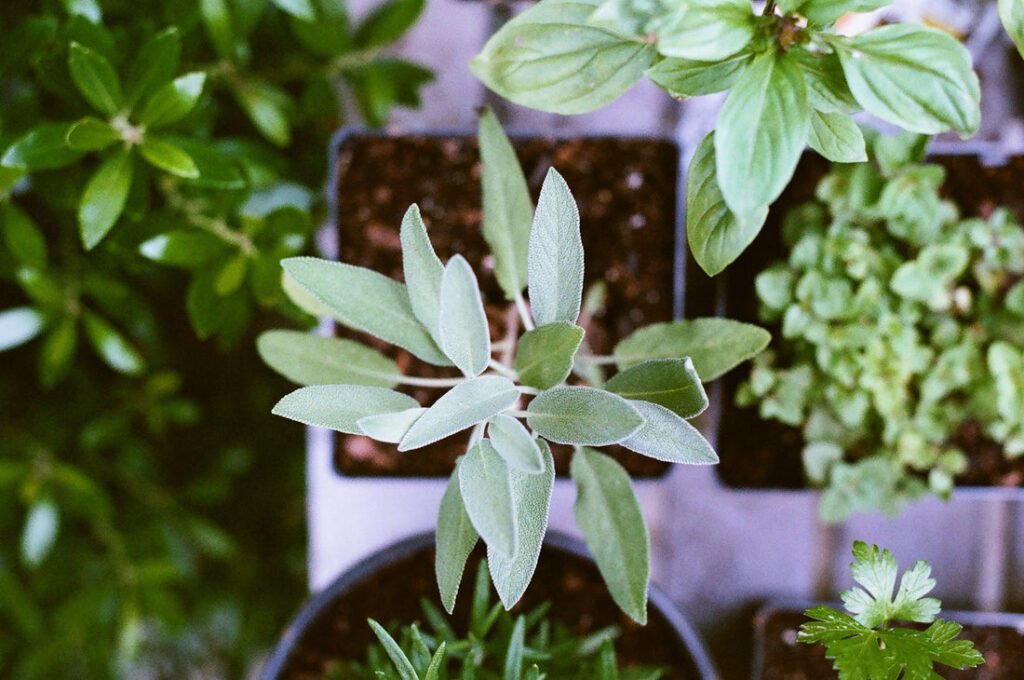
Overcoming Specific Gardening Challenges
Dealing with Pests
Encountering pests can be disheartening, but it’s an inevitable part of gardening. Start with natural deterrents like neem oil or consider introducing beneficial insects such as ladybugs.
Weather Woes
Unexpected weather can unsettle even the most experienced gardeners. By choosing resilient plants and having backup solutions like row covers for frost protection, you can mitigate these concerns.
Building Confidence Through Community
Join a Gardening Group
Whether online or in-person, joining a community of fellow gardeners can provide immense support. Sharing experiences, tips, and even failures can build confidence and provide a sense of camaraderie.
Attend Workshops
Gardening workshops offer a hands-on learning experience. They are excellent for practical advice and provide the opportunity to ask experts directly.
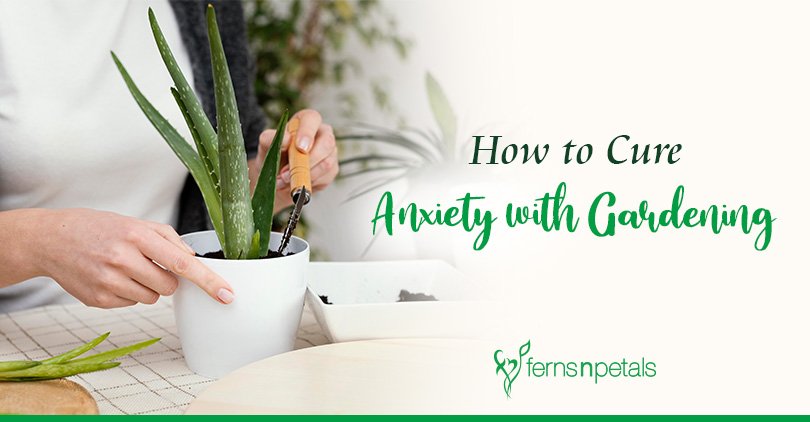
Embracing the Journey
Celebrate Small Wins
Every new leaf, flower, or inch of growth is a victory. Celebrate these small milestones, and rather than focusing on the end result, enjoy the process.
Letting Go of Perfection
Gardening is as much about the journey as the destination. Accept that not every plant will prosper, and there will be setbacks. Viewing these as learning opportunities rather than failures can change your perspective entirely.
Mental Health Benefits of Gardening
Reducing Stress
The act of being in nature and tending to plants significantly reduces stress. Gardening tasks like digging or pruning can be meditative and release tension.
Boosting Mood
Exposure to sunlight increases serotonin levels, making you feel happier. Plus, the sense of accomplishment from nurturing growth can boost your mood.
Promoting Mindfulness
Gardening encourages you to be present, focusing on the simple act of taking care of your plants. This practice of mindfulness can improve overall mental well-being.
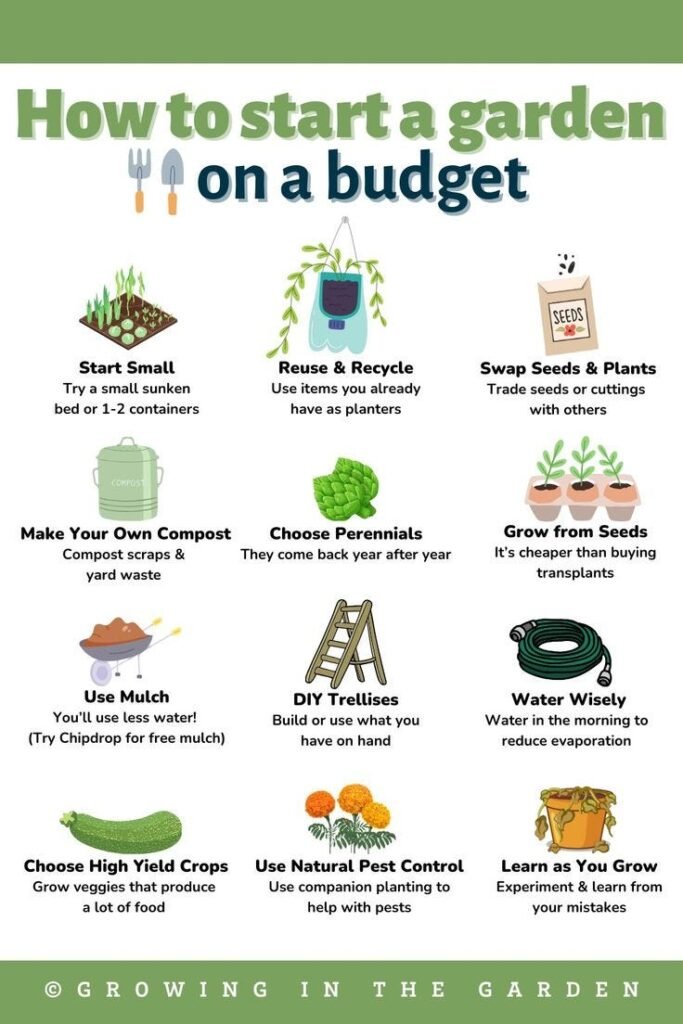
Gardening Tools for Beginners
Essential Tools
You don’t need an arsenal of tools to start gardening. Basic tools such as a hand trowel, pruners, garden fork, and watering can be sufficient.
Table of Essential Gardening Tools
| Tool | Purpose |
|---|---|
| Hand Trowel | Digging small holes |
| Pruners | Trimming and cutting plants |
| Garden Fork | Loosening soil |
| Watering Can | Evenly watering plants |
| Gloves | Protecting hands from soil/pests |
Investing Wisely
While it’s tempting to buy all the latest gardening gadgets, focus on quality over quantity. Invest in sturdy, ergonomic tools that will last longer and make gardening easier.
Long-term Strategies for a Thriving Garden
Regular Maintenance Routine
Set aside regular times each week for garden maintenance. This keeps your garden in check and prevents tasks from piling up and becoming overwhelming.
Seasonal Care
Understanding the needs of your garden through different seasons is crucial. From planting bulbs in fall to mulching in winter, each season has specific tasks that help your garden thrive year-round.
Record Keeping
Maintaining a gardening journal to record your observations, lessons learned, and future plans can be incredibly beneficial. It allows you to spot patterns and make informed decisions.
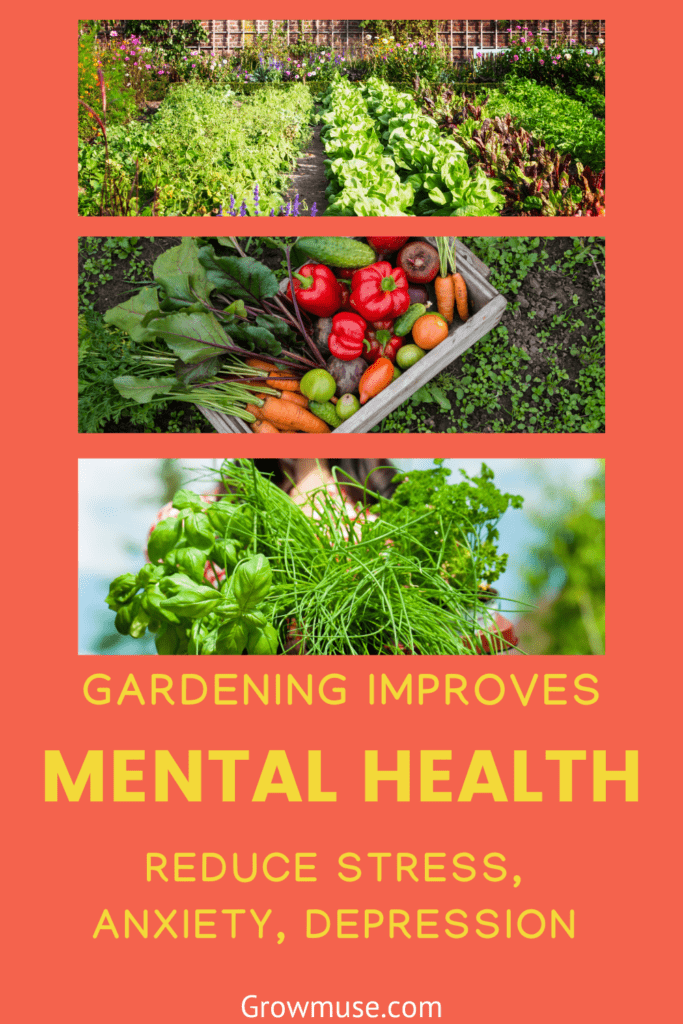
Getting Kids Involved
Fun and Educational
Gardening is an excellent way to teach kids about nature, responsibility, and patience. Start with fun, easy tasks like planting seeds or watering plants.
Family Bonding
Gardening together can become a cherished family activity. It provides an opportunity for everyone to disconnect from technology and connect with each other.
Sustainability in Gardening
Composting
Composting is a fantastic way to recycle kitchen and yard waste, providing rich nutrients for your soil. It reduces waste and educates you about the life cycle of organic matter.
Using Native Plants
Native plants are adapted to your local environment, making them easier to grow and maintain. They support local wildlife and reduce the need for artificial fertilizers and pesticides.
Conclusion
Gardening doesn’t have to be a source of anxiety. With each small step, armed with knowledge, patience, and the right attitude, you’ll find yourself growing more confident. Remember, every gardener—no matter how experienced—started at the beginning, learning from each plant, season, and sometimes, failure. Embrace the journey, celebrate your progress, and soon enough, you’ll see that you too can cultivate a flourishing garden and, by extension, a more serene state of mind.
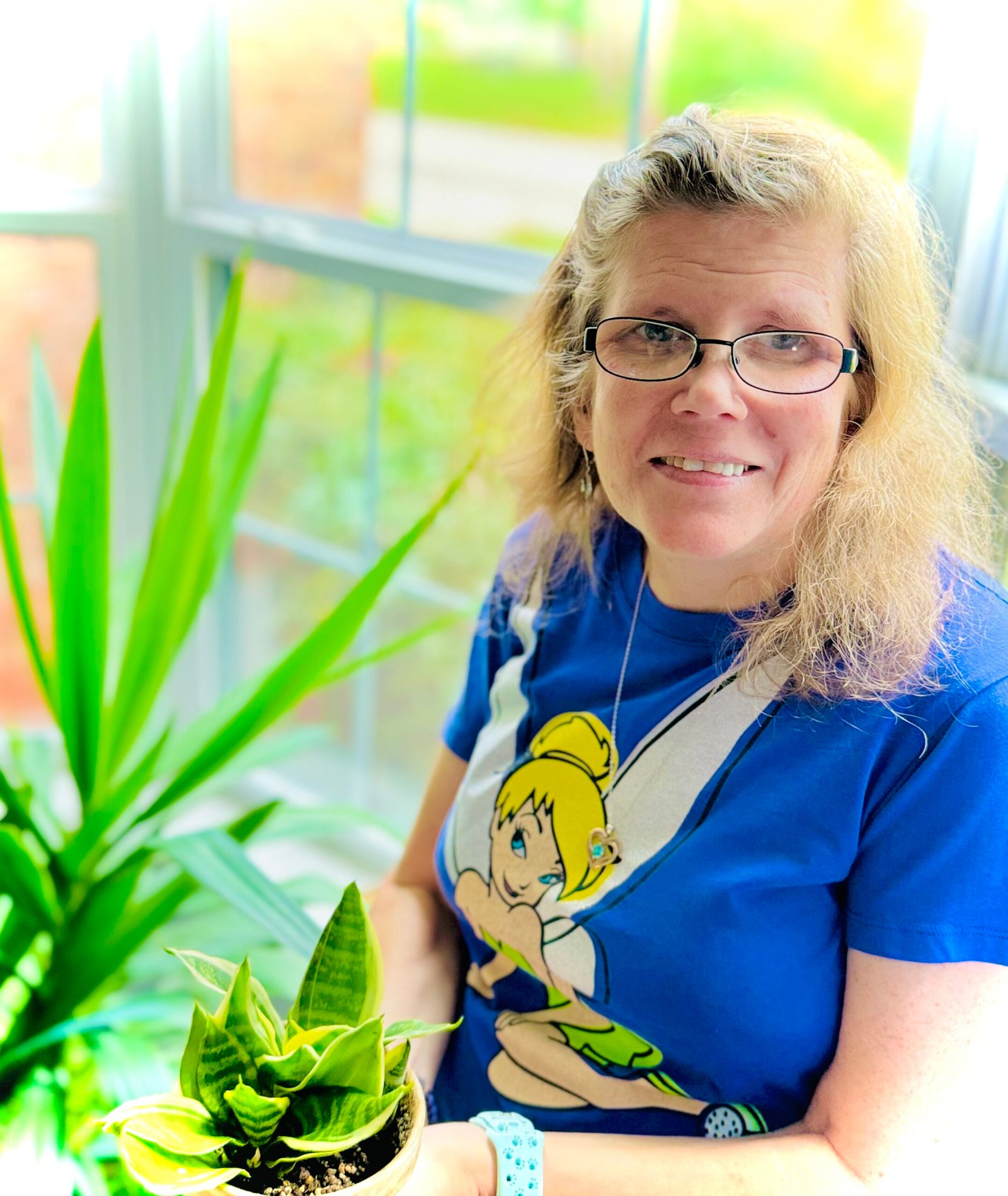
My name is Michelle Warren, and I’m the founder of Peaceful Gardening. As a 10-year breast cancer survivor, I’ve discovered the profound therapeutic power of gardening. This journey has not only helped me recover but has also become my passion and a source of ongoing peace and joy.
Peaceful Gardening was born from my desire to share the healing benefits of gardening with others. Whether you’re facing health challenges, dealing with stress, or simply looking to connect more deeply with nature, this space is for you.
Over the past decade, I’ve cultivated not just plants, but a deep understanding of how gardening can positively impact mental health. I’ve worked with local community gardens, led workshops on mindful gardening practices, and collaborated with mental health professionals to develop gardening-based stress reduction programs.
Peaceful Gardening was born from my desire to share the healing benefits of gardening with others. Whether you’re facing health challenges, dealing with stress, or simply looking to connect more deeply with nature, this space is for you.
Here, you’ll find evidence-based advice on using gardening as a tool for mindfulness, stress relief, and emotional healing. I share personal stories, practical tips, and scientifically-backed information on how to create your own therapeutic garden space, no matter the size of your yard or balcony.
My mission is to help you discover the joy, peace, and healing that comes from nurturing plants and connecting with nature. Join me in exploring how the simple act of tending to a garden can transform your mental and emotional wellbeing.
Welcome to Peaceful Gardening – let’s grow together towards better mental health!”
